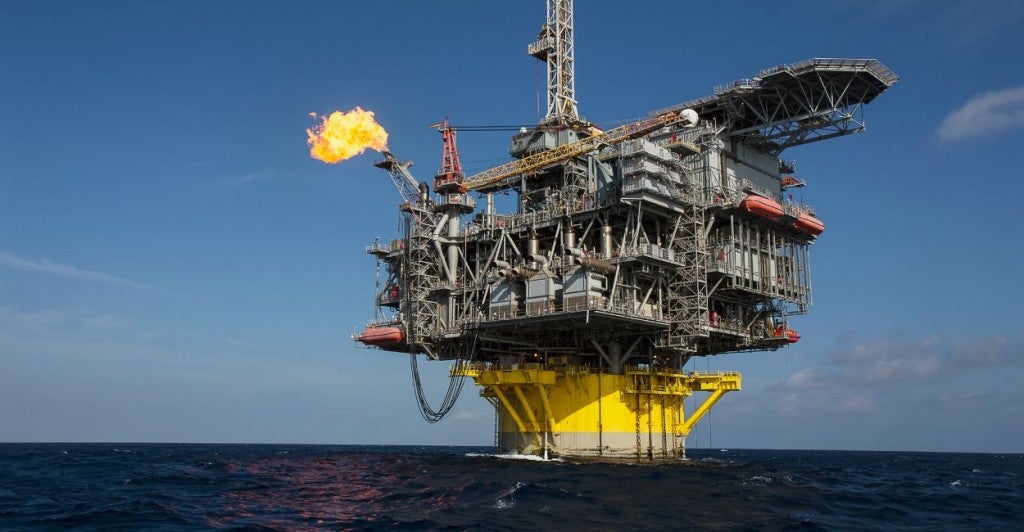After 80 years of exclusive state control, Mexico is finally liberalizing its oil industry.
Mexican President Enrique Peña Nieto has made economic structural reform one of his primary objectives and these first steps towards the partial privatization of the Mexican oil industry are meant to attract massive foreign direct investment.
According to the Financial Times the shallow underwater fields that are being auctioned contain up to 107.5 billion barrels of oil, providing enormous profit potential for Mexico and its investors.
Unfortunately, the bidding process, which kicked off with the sale of 14 shallow water blocks, did not generate the excitement that the government anticipated.
Only 2 of the 14 blocks received successful bids, well under the target success rate of 4-7 bids. Major oil companies, such as Chevron, Exxon Mobil, and Lukoil, all passed up their opportunities to bid on the oil fields.
There are several reasons for this ostensible failure.
First, investors were unhappy with the established contract terms, which entitle the government to about three-quarters of the oil profits. There are also onerous requirements that companies must accept in the case of an accident or spill. According to industry observers, these strong deterrents are likely to keep oil executives away from the negotiating table until better terms are offered by Pemex.
Analysts also believe bids are low because many of the big international oil companies would prefer to bid on Mexico’s deepwater blocks, which have higher oil volume potential and are closer to U.S. deepwater oil operations. These blocks will not be sold until 2016.
Yet another reason is the current price of oil. Light crude prices are hovering around $50 per barrel, which is about half of last summer’s price. Investors are wary about sinking too much capital without confidence in Mexico’s long-term profitability.
If the Mexican government learns from these early setbacks and further liberalizes its oil sector, investors may be more confident to enter the Mexican market as oil prices reach equilibrium and deepwater blocks become available for bidding.
By continuing to remove barriers to entry, support a transparent bidding process, and move away from state monopolization, Mexico will send a signal globally that the country is eager to welcome foreign investment.
